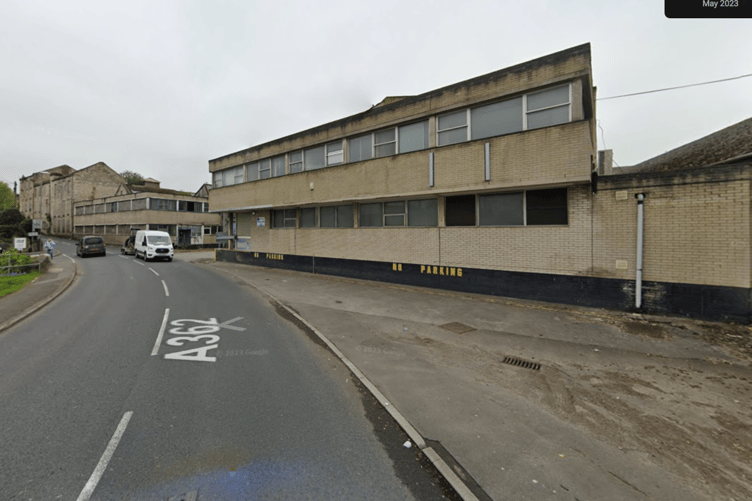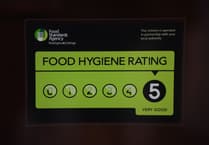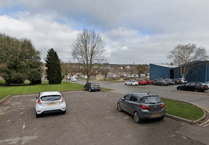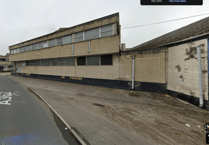A decade after Welton Bibby & Baron left Midsomer Norton, their factory remains derelict and with the latest planning application rejected by B&NES Planning Committee, genuine concerns have been raised about the future of the site. So when it comes to apportioning blame, where does the burden of responsibility for this debacle lie?
The paper bag manufacturer left Midsomer Norton in 2013, with the first planning application to redevelop the site being made in 2016. As with the latest application, the initial application for two hundred houses houses, 3,730sqm of business space, a hotel, shops and a pub, was rejected by B&NES Council in 2017, for being “ambiguous” and “vague”, as well as failing to commit to provide affordable housing.
Following this decision, Malcolm Ross, speaking to The Journal on behalf of Midsomer Norton Retail Estates, described the decision as a “setback”, explaining that they had “expected to be marketing the site with the benefit of outline planning permission at this point, to secure a developer (or developers) for the site”, indicating that MNRE weren’t intending to develop the site themselves.
A year later planning permission for the redevelopment of the site, was finally granted on appeal, after MNRE and B&NES negotiated terms. The conditions agreed in 2018 included provision for at least 1,000 square metres of office space, a care home, shops, a pub, a takeaway, a hotel and community facilities. However, in his decision to grant the appeal, the Planning Inspector recognised that there is not enough space on the site for all of these uses, allowing the developer a degree of choice about which are included.
The appeal judgement also referenced the retention and reuse of the former brewery buildings on Station Road, referred to in the application rejected this year as Policy SSV44, which had been adopted by B&NES in July 2017. This policy, which had been subject to public consultation before its initial adoption and then again during the Local Plan Partial Update, undertaken last year, includes a dozen “development requirements and design principles”, the third of which references “the retention and reuse of the former brewery building, with a strong presumption in favour of its physical preservation, subject to robust economic viability testing measured against the value of the whole development allocation, and taking full account of the heritage value and wider possible uses of the former brewery building.”
The Local Plan (Core Strategy and Placemaking Plan) Partial Update, to give it it’s full title, considered whether the B&NES Local Plan was “positively prepared, justified, effective and consistent with national policy”.
In his report, the Planning Inspector states that the “promoter of the redevelopment of the former Welton Manufacturing site made a number of representations at the Regulation 19 stage regarding Policy SSV4”, yet none of these concerned the brewery building. Indeed, the objection the developer made related to a requirement “that the Wellow Brook through the site is de-culverted to provide continued natural sections through the site”.
Given the latest failure, perhaps now is the time for MNER to consider whether their advocates in Midsomer Norton are best placed to deliver what to all intense and purposes seems like an open goal, namely achieving the redevelopment of the Welton Bag factory site.
Next week I’ll explore the conflicting positions Midsomer Norton Town Council have taken on this issue and consider how all parties involved in this sorry saga need to take responsibility when it comes to redeveloping this neglected corner of Midsomer Norton.
IAN NOCKOLDS






Comments
This article has no comments yet. Be the first to leave a comment.